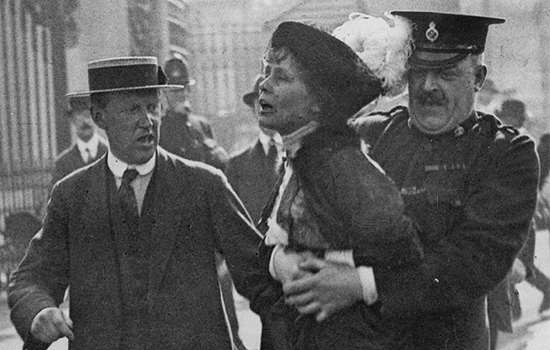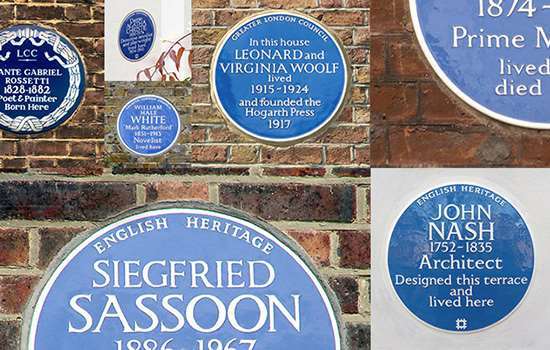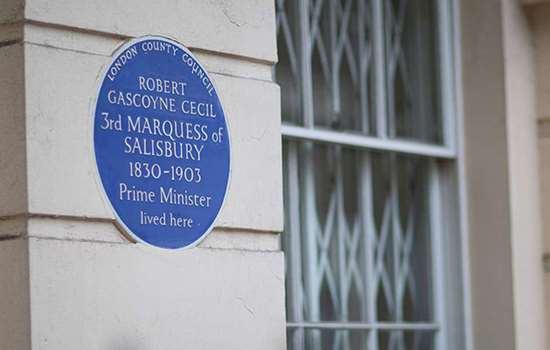BARTÓK, Béla (1881-1945)
Plaque erected in 1997 by English Heritage at 7 Sydney Place, South Kensington, London, SW7 3NL, Royal Borough of Kensington and Chelsea
All images © English Heritage
Profession
Composer, Musician
Category
Music and Dance
Inscription
BÉLA BARTÓK 1881-1945 Hungarian Composer stayed here when performing in London
Material
Ceramic
The Hungarian Béla Bartók was an important 20th century composer and virtuoso pianist, known for his studies of folk music and his Concerto for Orchestra (1941–2). He performed frequently in London, where he stayed at 7 Sydney Place in South Kensington.
BARTÓK IN BRITAIN
Bartók visited Britain at least 16 times. His first visit was in 1904, when he gave a performance in Manchester of his symphonic poem Kossuth (1903), which commemorates the eponymous Hungarian national hero Louis Kossuth.
A financial crisis in Hungary further encouraged him to work abroad, and Bartók came to London in the knowledge he could earn more here than in his native country. For reasons of economy he chose to stay with his friend Sir Duncan Wilson at 7 Sydney Place in South Kensington. He did so at least a dozen times between 1922 and 1937, and is known to have given at least one recital inside the building. Forming part of a terrace designed by George Basevi, the four-storey house dates from the 1840s and is now grade II listed.
LATER YEARS
With Hungary’s leaders allied to the Nazis, Bartók left his homeland for the USA during the Second World War. His final years were dogged by financial worry, but his last work, Concerto for Orchestra, proved one of his most popular. At the time of death in New York at the age of 64, he had developed a reputation as a composer, pianist and ethno-musicologist of great importance.
The British composer and music critic Peter Warlock was a leading admirer of Bartók’s music, and it was the Peter Warlock Society that proposed the Bartók plaque.


